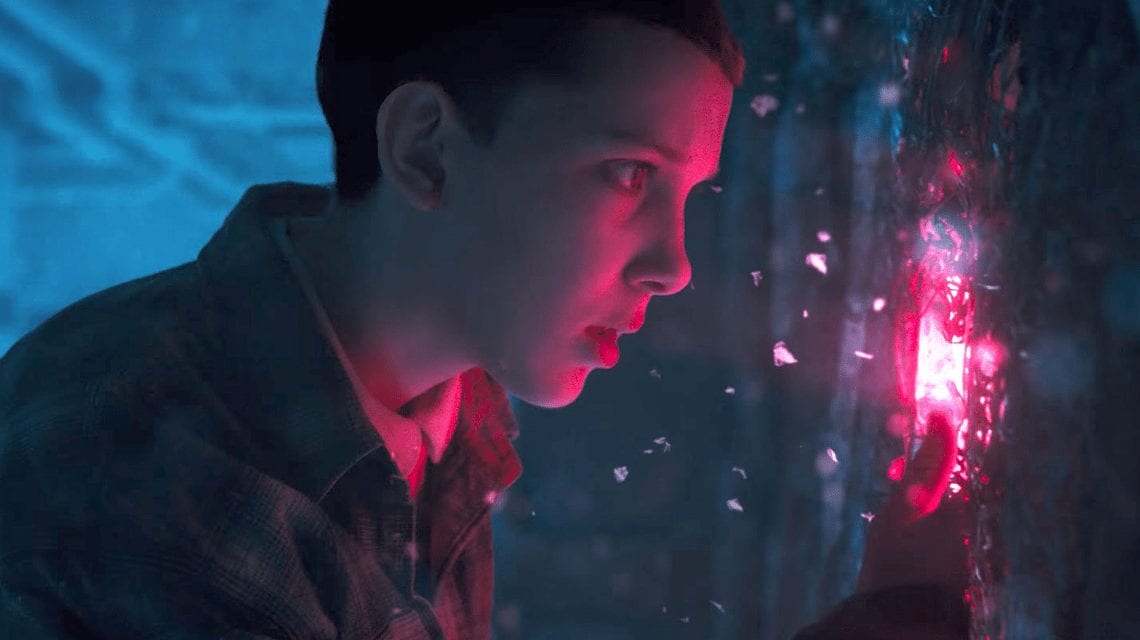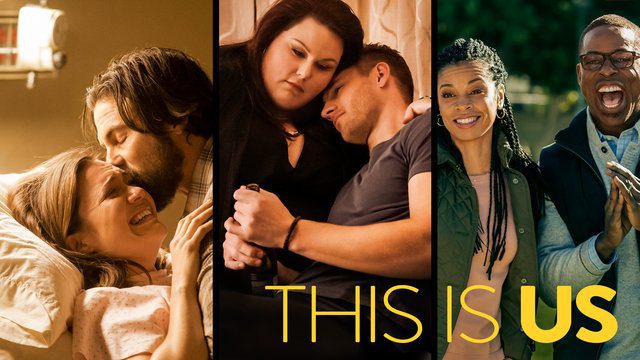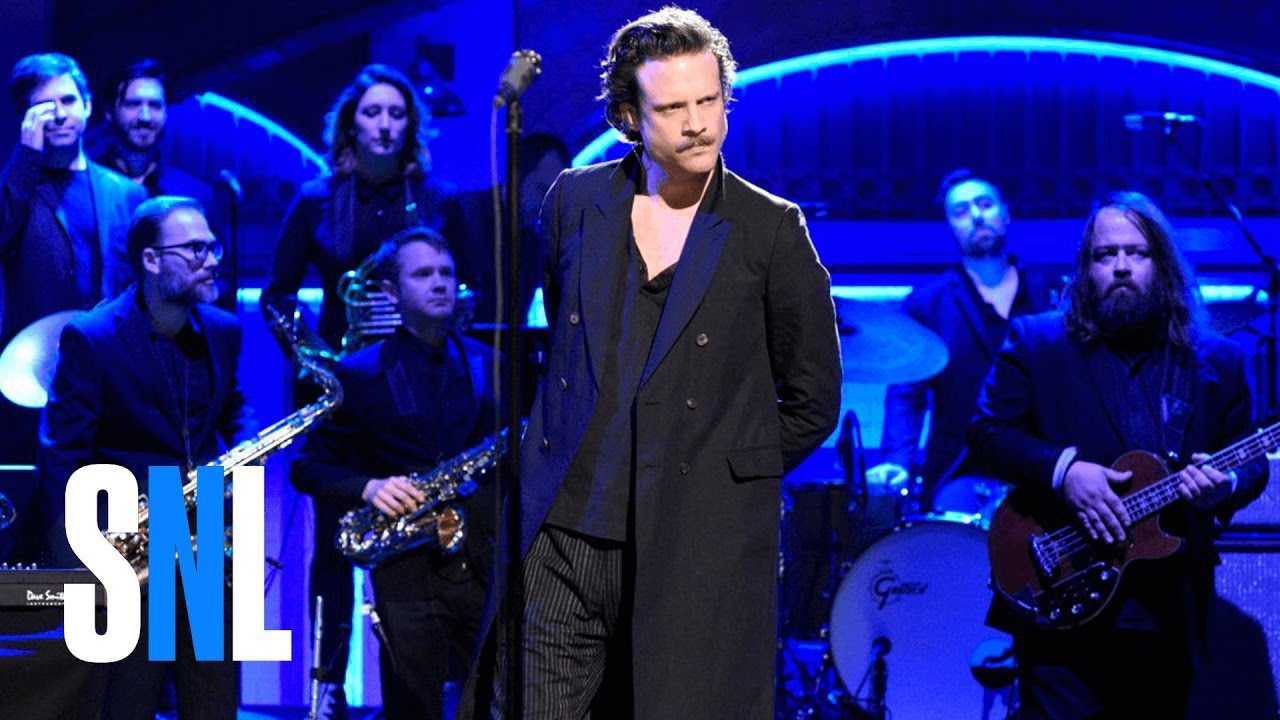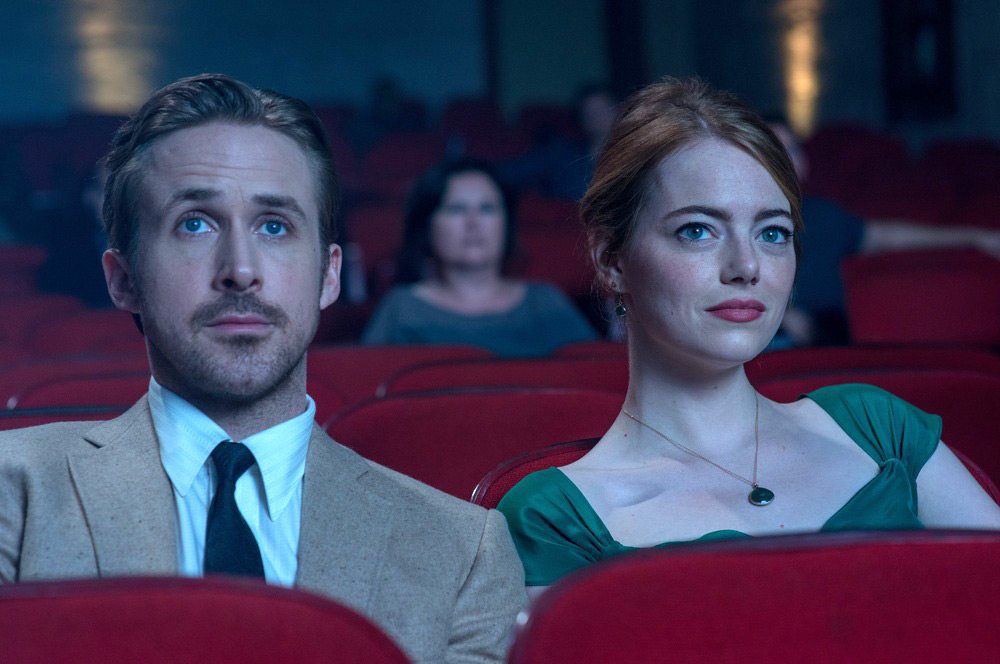
Manifest West: Where do you go to find peace?
Manifest West like a lot of indie films strives to make the most of its resources. In doing so it reveals some its excellent part that are held together by a loose story. This creates a film where the passion and excitement are shown in every shot and line in the movie. This same enthusiasm…



![seeing it coming [The Last Jedi SPOILERS]](https://b311079.smushcdn.com/311079/wp-content/uploads/2017/12/Who-Rey-Parents-Star-Wars-Force-Awakens.jpg?lossy=1&strip=1&webp=1)




